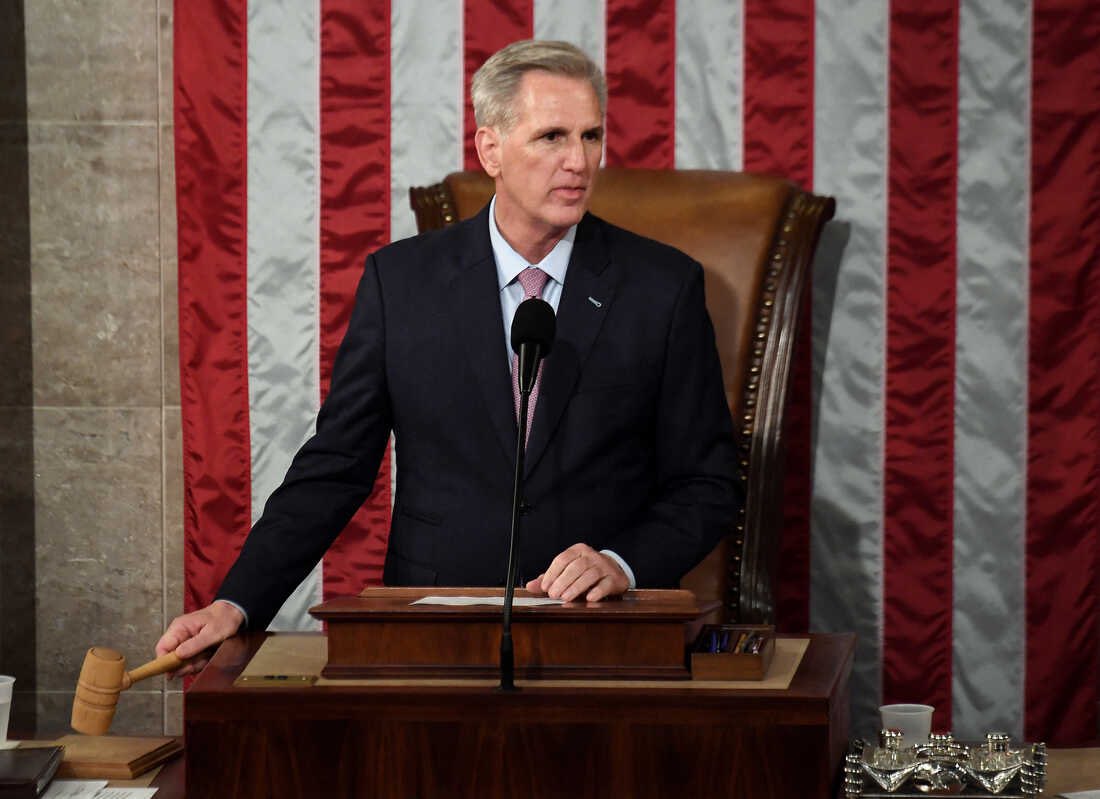The House of Representatives is set to vote on Tuesday on Representative Matt Gaetz’s resolution to remove Kevin McCarthy from the Speaker’s chair. If Gaetz’s effort succeeds, McCarthy would lose his position as Speaker of the House.
If the majority of the House votes in favor of Gaetz’s resolution, the Office of the Speaker would be declared vacant. However, this would not immediately trigger a new election for Speaker due to a succession list that McCarthy submitted to the House clerk in January. The specific names on this list are not publicly disclosed.
Also Read: Who is Alison R Greenfield? Trump blames ‘Schumer’s girlfriend’ for civil fraud case in bizarre post
House rules, established since 2003, require the Speaker to provide a list of members who would act in case of a vacancy in the Speaker’s position. According to these rules, the next person on McCarthy’s list “shall act as Speaker pro tempore until the election of a Speaker or a Speaker pro tempore.” Therefore, the individual who is first on McCarthy’s list would assume the role of acting Speaker.
This situation would differ from the one in January, when the House was starting a new session and needed to elect a Speaker to conduct legislative business, including swearing in members and passing rules. If McCarthy is removed now, the new acting Speaker pro tempore would take over temporarily, and an election for a permanent Speaker could be delayed until the House is prepared to proceed.
If the motion to vacate is successful, it would be the first instance in U.S. history where a Speaker of the House has been voted out of office. In 1910, Speaker Joseph Cannon offered a motion to oust himself to gauge the sentiments of his detractors, but he ultimately remained in office with overwhelming support from Republicans.
Also Read: Who is Donald Bender? Former Trump Organization accountant’s testimony agitates ex-president
The powers of an acting Speaker pro tempore would likely differ from those of the Speaker, as their role is intended for the short term while the House selects a new Speaker. House rules do not specify a time limit for how long the acting Speaker pro tempore can hold power before the chamber votes on a new permanent Speaker.







